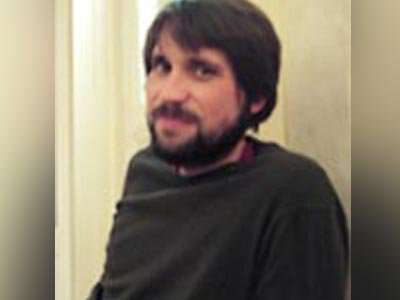The Role of Islamic Buildings in Spain’s History
Antonio Urquizar-Herrera, early modern art expert, to speak Feb 10

Antonio Urquizar-Herrera, an expert in early modern art in Spain, will speak at 2 p.m. Friday, Feb. 10, at Bowne Hall 105. His talk, “Negotiating the Islamic Heritage in the Construction of a Christian National Identity in Early Modern Spain,” is sponsored by the University’s Medieval-Renaissance Working Group and the Department of Art and Music Histories.
Urquizar-Herrera is associate professor at the History of Art Department of the National University of Distance Education, Madrid. He has published several monographs and more than 30 book chapters and articles on his specialty. He also has served as principle investigator of several research groups and research projects on early modern art in Spain.
His forthcoming book, “Admiration and Awe: Morisco Buildings and Identity Negotiations in Early Modern Spanish Historiography” (Oxford University Press, September 2017), addresses the influence of the Islamic past in early modern Spain. The book draws on aspects of early modern European history, including antiquarian studies, national and local identity formation, architectural writing and the relationships between Christianity and Islam.
Urquizar-Herrera will discuss how early modern Christian Spain (15th-18th centuries) utilized the significant Medieval Islamic heritage remaining after the fall of Granada in 1492. Córdoba Mosque, for example, was turned into a cathedral. In Seville, the Aljama Mosque’s minaret was transformed into a Christian bell tower, and Granada Alhambra became a Renaissance palace.
In Urquizar-Herrera’s view, this process of Christian appropriation is less a phenomenon of cultural hybridization than a complex negotiation of identity as a Catholic monarchy and empire emerging from the Iberian Peninsula’s Islamic past. He will discuss how Islamic buildings became the center of a historical controversy about the origin of Spain as a nation as well as its ecclesiastical history.
This event is free and open to the public. For more information, contact the Department of Art and Music Histories at 315.443.4184.
